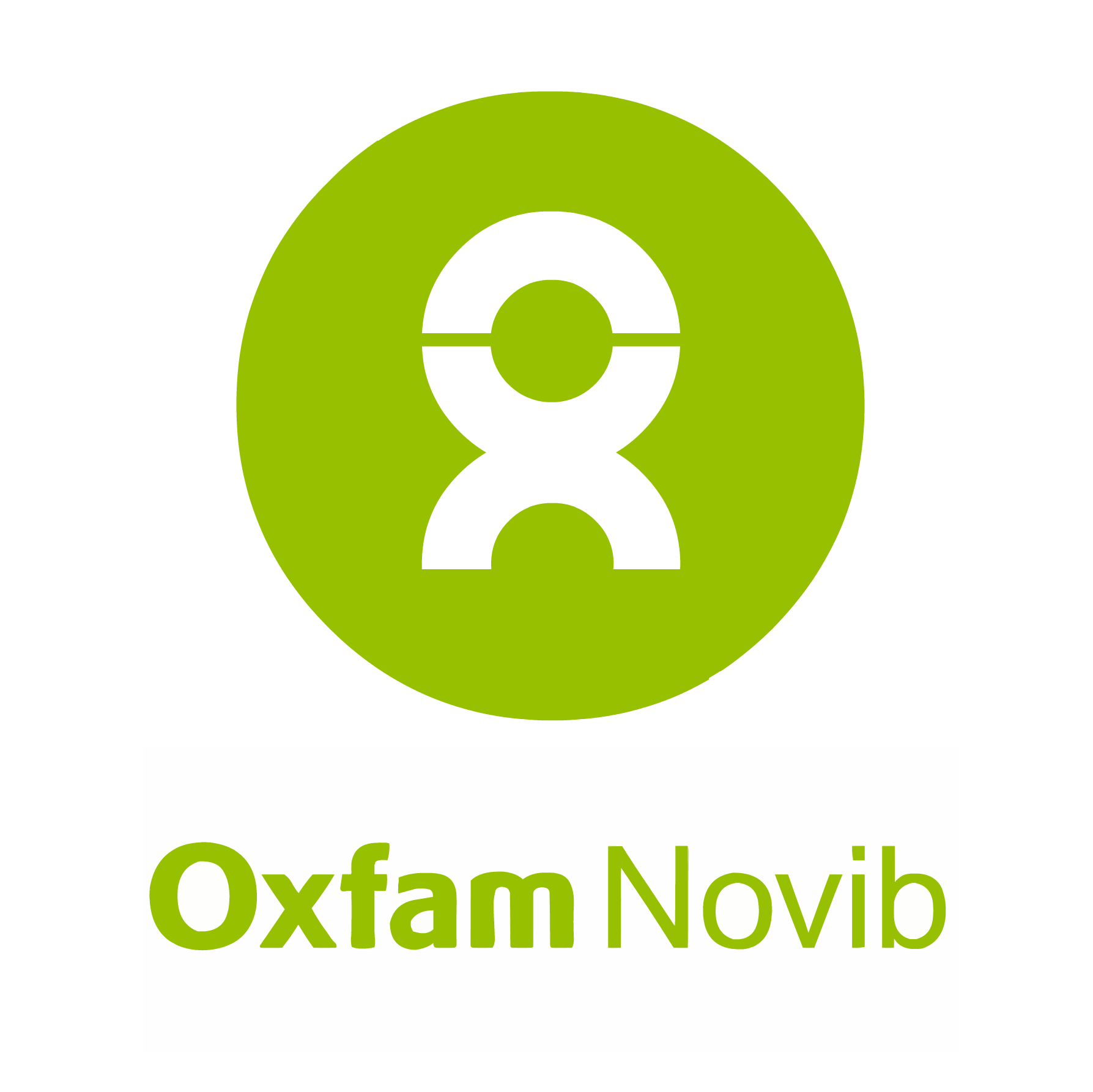Community / Land projects / FAIR4ALL Global Value Chains
FAIR4ALL Global Value Chains

€0
01/21 - 12/25
Actif
This project is part of
Implementing Organisations
Donors
Data Providers
General
The Power of Voices Partnership (PvP) is an influencing programme with the Netherlands Ministry of Foreign Affairs. The programme FAIR for ALL led by Oxfam Novib is five year long initiative implemented jointly with consortium members Huairou Commission, SOMO and Third World Network-Africa (TWN-Africa) aimed at supporting and collaborating with people’s rightful demands towards companies, governments and multilateral organizations for economic, social and environmental justice, promoting global trade and value-chains that are fair for all. The main focus of the FAIR for ALL programme proposal is to support and strengthen CSOs to play their diverse roles; as educators, mobilizers, creators and watchdogs to make trade and value chains FAIR for ALL. In Africa, FAIR for ALL programmeaims at Strengthened civil society and regional networks of economic and climate justice movements, human and land rights organizations, and women’s, producer and labour organizations work in partnership with the private sector to push for fairer rules, systems and institutions to promote gender, fiscal and climate justice, redistribution of power and benefit sharing within commodity value chains for more inclusive and sustainable development in Africa. The Africa FAIR for ALL programme will be implemented by Oxfam in Africa and partners, aiming to: 1) Transforming dominant agricultural and extractive commodity value chains and increasing the local share of value generated within these chains through: Improved respect for human, land, labour and environmental rights, including more equitable prices and improved livelihoods for women, small producers and mining-affected communities, and better working conditions and economic returns for ASM producers; and by maximizing domestic resource mobilization, including fiscal returns for investmentin gender-responsive public services; and building natural resource-based regional economic linkages and diversification at local, national and regional levels. 2) Improving civic space for citizen groups and actors, especially those working to transform agriculture and extractives value chains. These objectives will be achieved by Strengthening capacity to engage with the regional private sector and regional and continental processes andvalue chains on agriculture, agribusiness, climate change, extractives and trade; Improving technical knowledge on trade, tax and climate change, the extractives and agribusiness sectors, and the intersection of theseissues with gender; Expanding and consolidating alliances, networks and coalitions; Creating space for local partners including women groups to engage with regional and continental institutions, processes, fora and platforms as well as regional private sector networks and associations.



